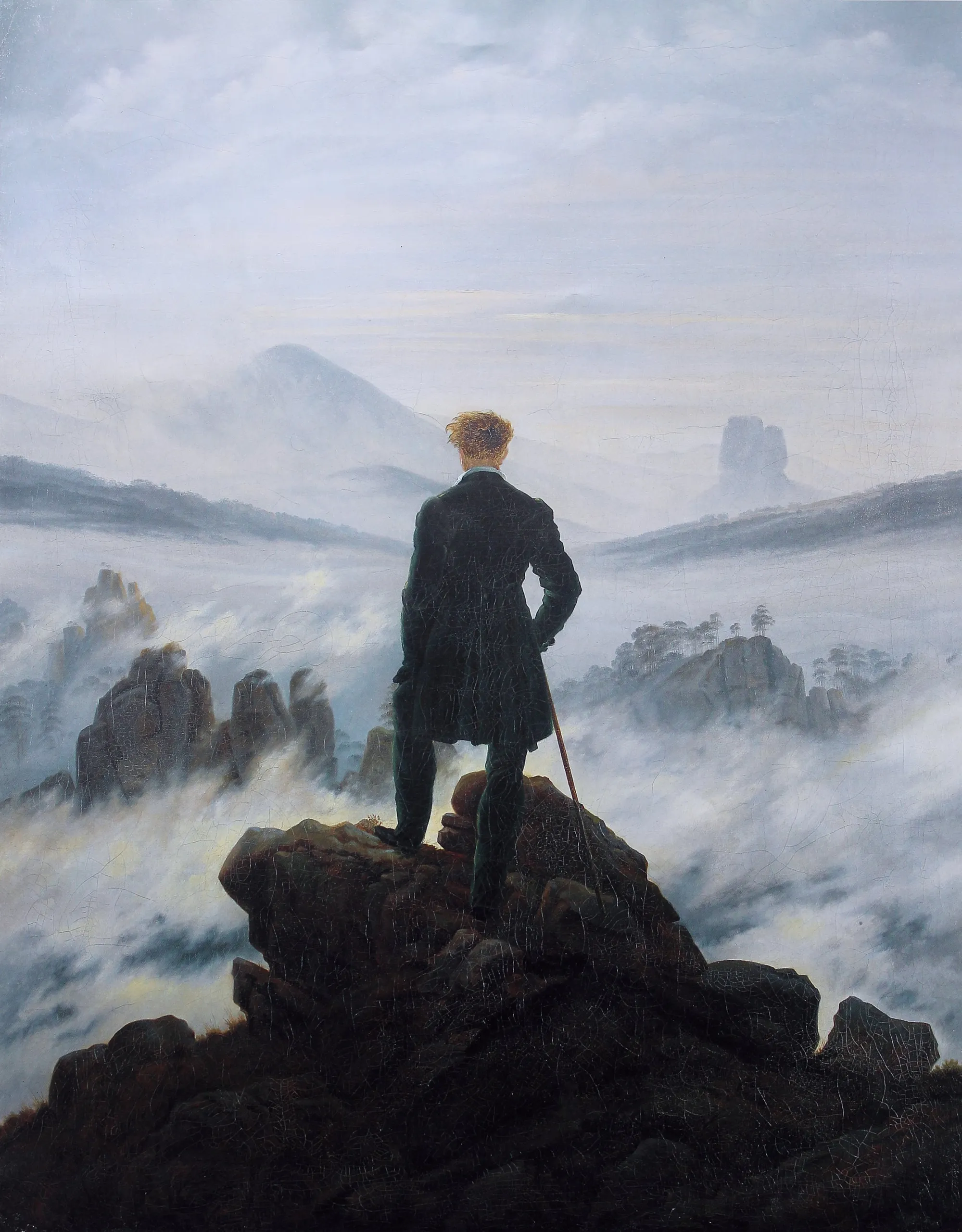A Philosophy of Walking

Walking is a mode of living that embraces freedom, but this freedom is of a vastly different sort than that offered by the plethora of choices and dependencies that entangle us in the web of our consumerist lives.
As Frédéric Gros writes in A Philosophy of Walking, “these micro-liberations all constitute accelerations of the system, which imprisons you all the more strongly. But whatever liberates you from time and space alienates you from speed.” This freedom comes in the form of solitude, transgression, renunciation of worldly systems and values. It allows one to see things in context, and thus which things are extraneous and which are truly valuable. We are “no longer reduced to a junction in the network of redistributing information, images and goods.”
I only just started reading this at the end of the year, but already it promises to be one of my favorite books in recent memory. Gros’s book alternates between short essays on various aspects of walking (“Outside,” “Slowness,” “Silences,” “Energy”) and studies of philosophers and poets who establish a link between the mind and the foot. In the lives of Nietzsche, Rimbaud, Thoreau, and others, he finds thinkers whose deepest insights are inseparable from the body in motion. This is far from the leisurely stroll of Kant—what Gros calls walking to escape thought—but is instead a form of walking that clarifies thought.
Nietzsche in particular offers a model for the psychosomatic experience of walking. The philosopher famously sought out the mountains and the coasts, often walking for over six or seven hours at a time. But the effect this had on his thought was critical, as he himself relates:
We do not belong to those who have ideas only among books, when stimulated by books. It is our habit to think outdoors—walking, leaping, climbing, dancing, preferably on lonely mountains or near the sea where even the trails become thoughtful. Our first questions about the value of a book, of a human being, or a musical composition are: Can they walk? Even more, can they dance?
Gros reflects on this curious physiological effect of walking on thinking:
Many others have written their books solely from their reading of other books, so that many books exude the stuffy odour of libraries. By what does one judge a book? By its smell (and even more, as we shall see, by its cadence)…
Think of the scribe’s body: his hands, his feet, his shoulders and legs. Think of the book as an expression of physiology. In all too many books the reader can sense the seated body, doubled up, stooped, shrivelled in on itself. The walking body is unfolded and tensed like a bow: opened to wide spaces like a flower to the sun, exposed torso, tensed legs, lean arms.